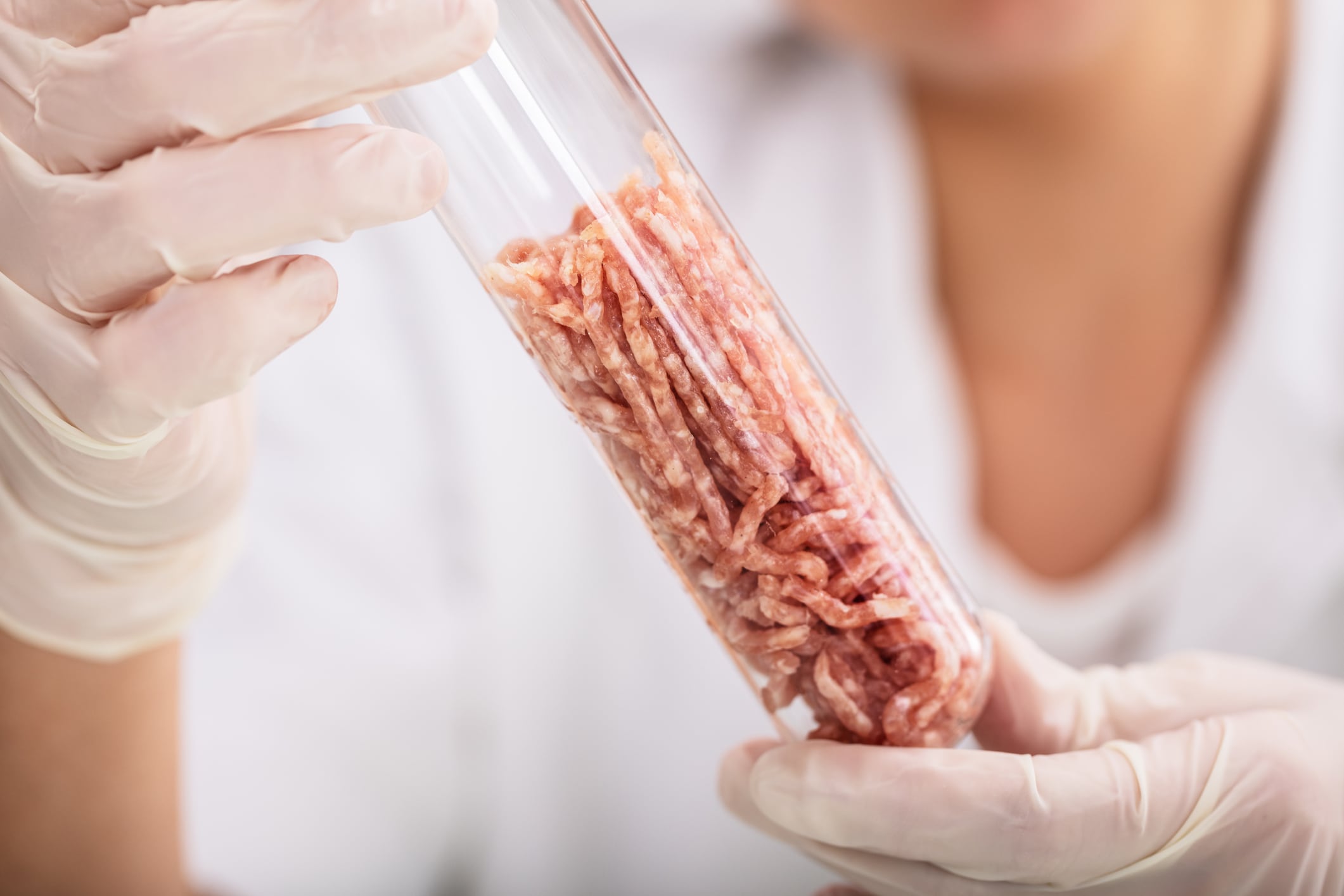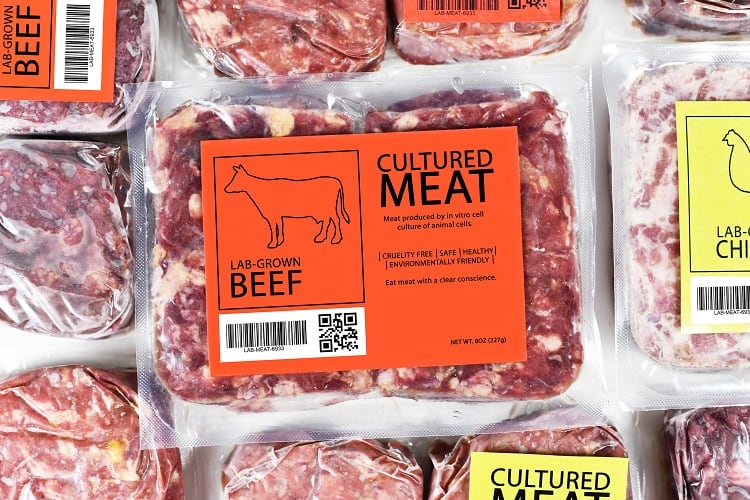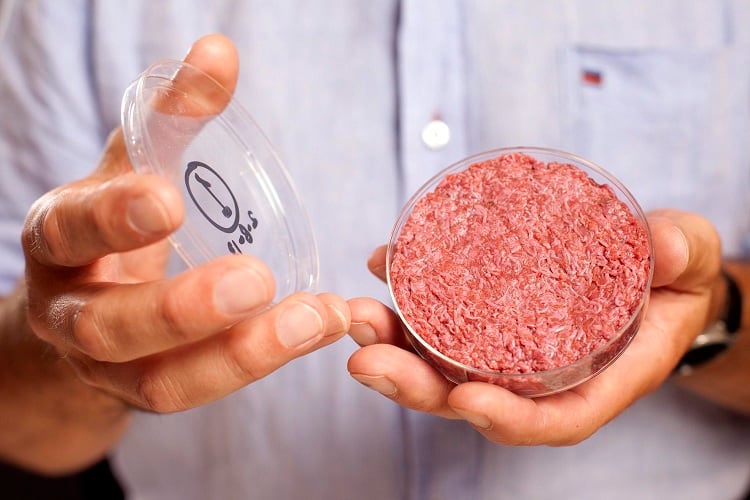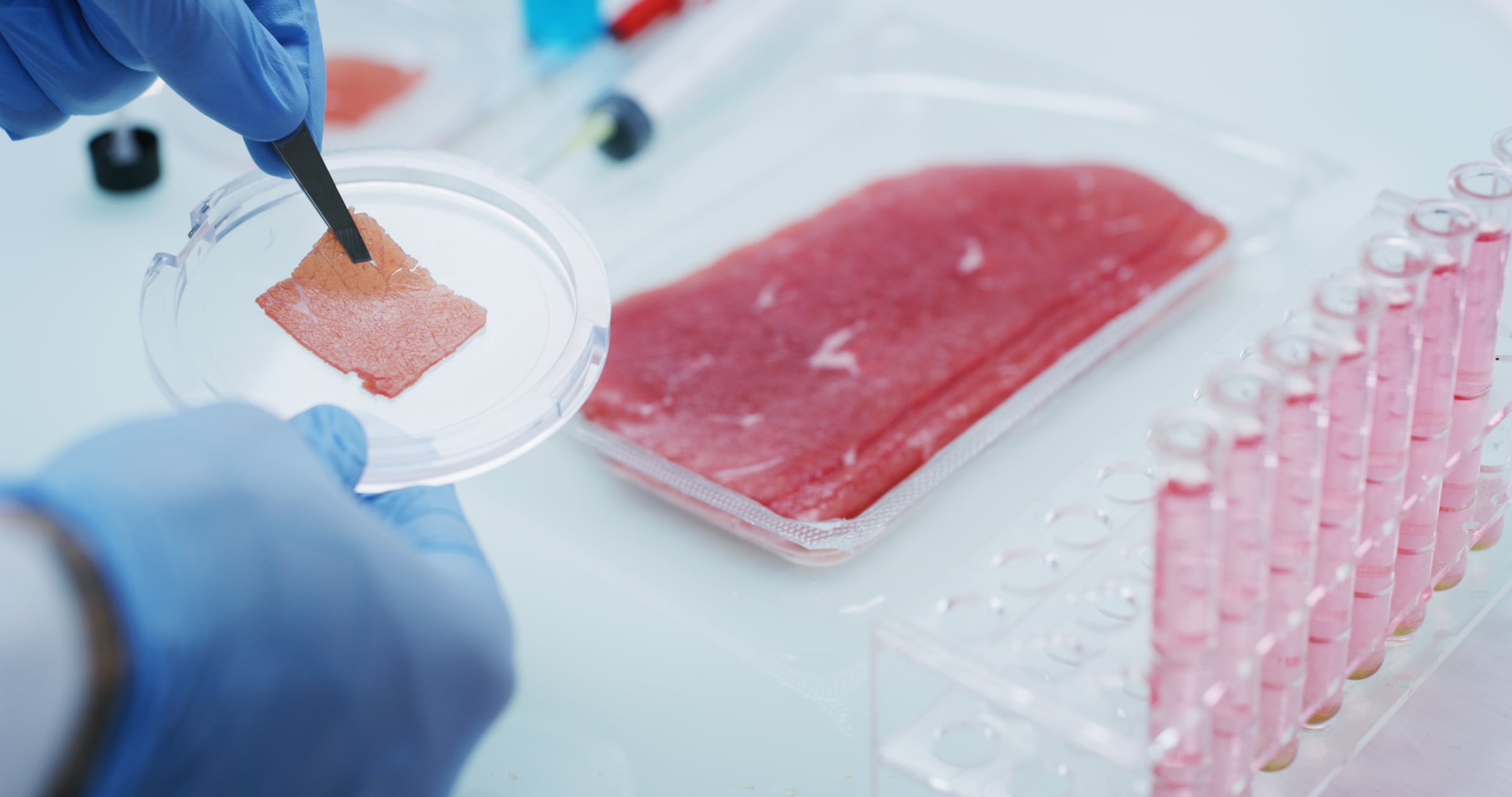The subsidy – believed to be the first time a lab-grown meat project has enjoyed Brussels’ funds -- is part of the Horizon 2020 EU Framework Programme for Research and Innovation, itself a key part of the EU’s Green Deal which plans on the region being climate-neutral by 2050.
The Meat4All project, in which the French company Organotechnie also participates, aims to increase cultured meat production technology, work on market acceptance and perform testing to assess safety to enable its industrialization and sale by July 2022.
Other aims of the Meat4All project include:
- To scale up the production process from kilograms to tonnes and multiply the production capacity by a thousand
- To maintain nutritional value for large-scale amounts produced
- To obtain the means to culture cells that are free from animal serum
- To maintain the health standards for cultured meat in raw format through to the final processed products (such as sausages or cold meats)
- To offer a competitive product
- To use animal cells which have not been genetically modified
- To create market leaders
- To perform tests on consumables (tasting) in order to determine and predict market demand and demand from consumers
San Sebastian-based BioTech has been working on developing its cultured meat, which it supplies to food business customers, known as ‘Ethicameat’ since 2017. It said the EU investment confirmed the importance placed by Europe on cultured meat and new foods.
Horizon Europe’s focus is on implementing the European Green Deal. The EU calculates that more than 35% of the spending for Horizon Europe will contribute to the climate goals, as research and innovation are key for transforming Europe into the world's first climate-neutral continent by 2050.
“It is hugely satisfying for the entire team at BioTech Foods, and for our partners at Organotechnie, to obtain this backing from the European Union for our ‘Meat4All’ project”, stated Iñigo Charola, CEO of BioTech Foods. “This is the first time that Europe has effectively committed to cultured meat. Cultured meat will be a key ingredient of our future diet, and now we have it confirmed also by the institutions”, he added.
But is cultured meat really the most planetary healthy solution? Other studies have suggested that lab-grown meat could actually be worse for climate change owing to the CO2 released by the labs. CO2 lasts in the atmosphere more than a century; methane only a dozen.
Charola told FoodNavigator the consortium planned to carry out a complete life cycle assessment into the energy requirements needed to scale-up cultured meat production.
He added: “It is a reality that the meat processing industry is interested in different protein alternative sources. All reports show that there is a favourable consumer attitude toward sustainable protein alternatives and particularly toward cultivated meat. What is important now is to deliver products that people will want to eat.”
Charola said the consortium planned to work with poultry, pork and beef cells and would explore which food products are better suited for cultivated meat.





